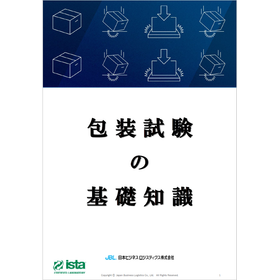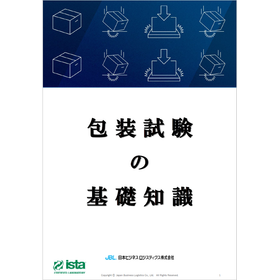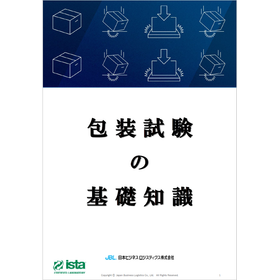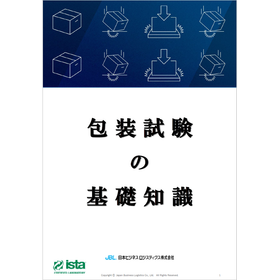Altitude test and pressure reduction test
High-altitude tests and decompression tests assuming a low-pressure environment at high altitudes can be conducted.
- The altitude and decompression test is conducted to evaluate electronic devices, mechanical components, and packaged goods against low-pressure hazards during air transport and high-altitude transport. - In the evaluation tests for packaged goods, it is conducted to assess the sealing properties of the packaging in scenarios such as transport by small aircraft without pressurized cargo holds or truck transport over mountains at altitudes exceeding 3,000 meters. - For reference, in the evaluation tests for electronic devices and climate components, it is conducted to assess gas or liquid leakage from equipment sealed at normal pressure, as well as functional degradation or insulation failures in high-voltage circuits. ▼ For more details, please download the PDF document (recommended). ▼ If you need immediate assistance, please contact us using the 'Inquiry' section below.
basic information
The regulations of ASTM D4169 and D7386 state that "cargo should be exposed to a low-pressure condition equivalent to an altitude of 14,000 feet (4,267 meters) for 60 minutes." Additionally, ASTM D6653 includes a table that describes various altitudes along with their corresponding atmospheric pressures and temperatures, from which the necessary information can be extracted for testing. Low-pressure and vacuum tests for packaged cargo are also specified in international standards such as ISO 2873 and ISTA 3A, in addition to ASTM.
Price range
Delivery Time
Applications/Examples of results
For more details, please download the PDF document or feel free to contact us using the "Contact Us" section below.
catalog(1)
Download All CatalogsRecommended products
Distributors
Japan Business Logistics Co., Ltd. (JBL) operated as a 100% subsidiary of IBM Japan, Ltd. until 2007, but after the execution date of the stock transfer on January 4, 2008, we will embark on a new journey as an affiliated company of Yasuda Warehouse Co., Ltd. (YASDA). Together with all our employees, we hope to become the most trusted and reliable partner for our customers and business partners, based on the specialized skills and know-how we have cultivated in IBM-related businesses, to achieve an efficient and rapid supply chain. At the same time, we aim to create a corporate culture based on compassion and trust, and we are committed to actively meeting your expectations.




















































